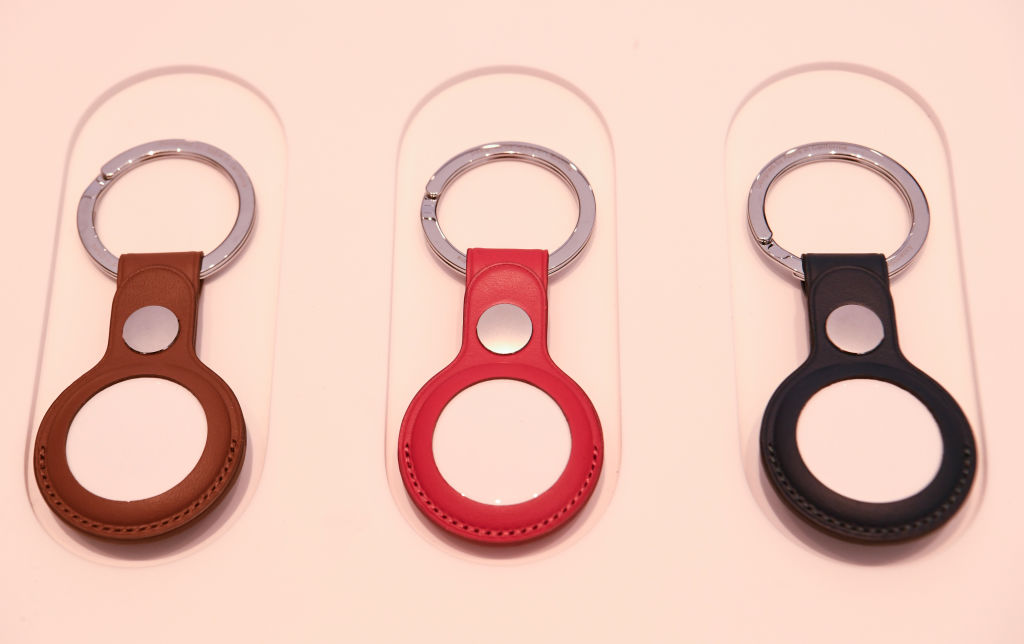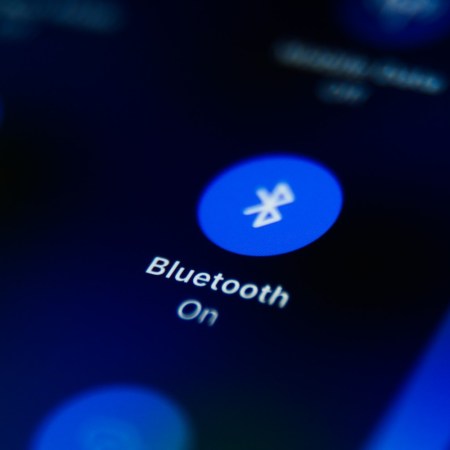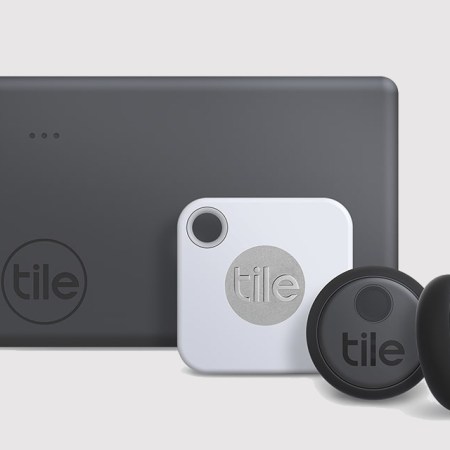Over the summer, one Brooklyn man’s account of recovering his lost scooter went viral. Dan Guido, a cybersecurity expert, had attached a pair of Apple AirTags to his scooter; when it went missing, he had an easy way of tracking it down and getting it back. The Twitter thread in which he documented the steps he’d taken ended up being widely shared — for some, due to his ingenuity in turning Bluetooth trackers into a security system; for others, because of his accounts of working (or not working) with law enforcement.
Guido’s experience is emblematic of the way a growing number of people are using products like AirTags in ways that they weren’t necessarily designed to be used. Writing at The Washington Post, Heather Kelly explored the different permutations of the ongoing debate — and the larger issues that debate calls into play.
Not surprisingly, this overlaps somewhat with the national discussion the country is currently having on policing. If you had (say) a bicycle stolen and could tell where it had ended up, what would you do about it? Confronting someone alone could make the situation worse — but calling in the police could also lead to things escalating tragically.
And while AirTags and their ilk are not necessarily marketed as security-related products, that doesn’t mean that some people aren’t using them for that. And that, in and of itself, is understandable — but it also makes it far more important to think through the options available to you before doing something that could make a bad situation worse.
Thanks for reading InsideHook. Sign up for our daily newsletter and be in the know.


















